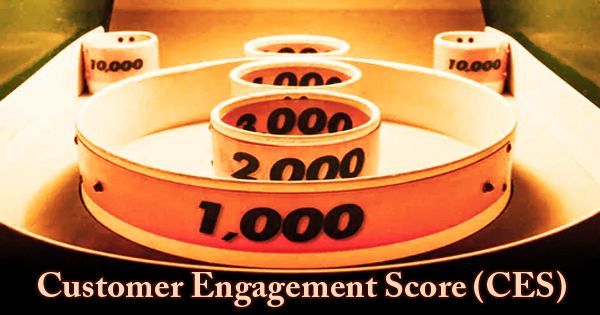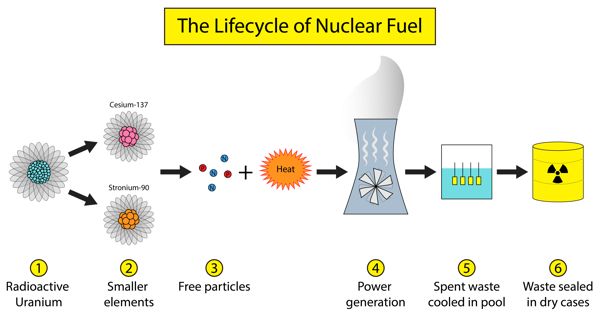A single quantitative measure that assesses customer loyalty and free trial prospects is the Customer Engagement Score (CES), also known as the engagement score. It’s a single number that determines how dedicated our clients are and the opportunities for free trials. Every client has their own score, in light of their action and utilization of our items and administrations. The higher the score, the better and more joyful the client. CES is one of the main metrics for online companies, especially those operating on the business model of software-as-a-service (SaaS).
In the simplest words, anyone who derives satisfaction from consistently using our product is an engaged consumer or customer. But even though the concept can seem simple, two important user insights are concealed:
The value: Seeing the worth fundamentally implies that the individual has gotten the result they had sought after when pursuing our application. The worth is intently attached to our showcasing messages. For CRM programming, for instance, that vows to rearrange the business cycle the worth will come because of clients pushing more arrangements ahead through a coordinated deals measure. When users begin to complete more tasks on time, and with little chaos in the process, a productivity app promising to enhance internal company procedures would deliver its value. The good news is that the value can be quantified and used as one of the foundations for calculating the commitment score.

Example of Customer Engagement Score (CES)
For now, though, let’s concentrate on the other part of the concept that we need to hear about:
Regularly: For a client to draw in with an item, they should see the incentive from utilizing it consistently. Making one deal through the CRM just won’t almost certainly affirm the worth. Likewise, finishing one venture out of numerous on times may have quite recently been an accident, as opposed to a consequence of utilizing the item.
We may further extend the meaning on the basis of the above, and define an engaged consumer as:
Someone who, when signing up for our product, achieved the results they were initially looking for, based on what we promised, and received them repeatedly.
Unlike “offline” firms, in order to get insights about consumer engagement, their online counterparts do not rely on human contact between workers and customers. In any case, customer engagement scores (CES) give a technique to assess the commitment of the organization’s clients, in view of their online conduct and collaborations with the organization’s items. It is also possible to use the score to predict how likely our clients are to renew, update, and buy additional items. Customer interaction scores are a perfect way to estimate the probability of closure if we have a free trial product.
Begin with inputs such as frequency of use, depth of use, specific actions are taken, click-stream information, and key performance indicators to measure a client engagement score. Consolidating every one of these data sources gives us a solitary number speaking to the entirety of our client’s wellbeing, achievement, and commitment. Customer interaction scores can usually assist a business to solve the following problems:
- Identify clients who are prepared to convert from a free trial to a complete product
- Identify clients close to the churning process (i.e., ready to stop their relationships with a company)
- Identify clients who can consider offers for up-sell or cross-sell
An organization may decide a suitable set of steps to take to enhance customer satisfaction and interaction by recognizing customer engagement and the issues associated with it. One key advantage is that a client commitment score permits us to take a gander at only one number, rather than various information focuses, and promptly measure a client’s connections with our organization. The effect of consumer marketing, interaction, and performance initiatives, as well as on embarkation and free trial strategies, is also very easy to see.
The customer experience score is usually measured on an individual basis. Based on a client’s experiences with a product/service, an individual CES is calculated. Furthermore, businesses often use the metric to compare consumer interaction in various customer segments. A positive CES shows that the organization’s clients emphatically connect with an organization’s item. The Customer Engagement Score (CES) also enables us to quickly identify and diagnose issues with our installation base, assess customer service effectiveness in engaging customers, and even evaluate what kind of training our customer team needs.
The general formula for calculating Customer engagement score (CES) can be expressed as follows:
CES = w1n1 + w2n2 + … + wtnt
Where:
wt – the weight of a random event
nt – the number of occurrences of a random event
CES has additionally been demonstrated to be truly solid and more powerful than looking over our clients. At last, a client commitment score is a basic metric that can be utilized to boost client achievement and operational effectiveness in a wide range of ways. The method of calculating CES is automated in some instances. There are several websites for customer success that include calculations of customer experience ratings. Such stages can likewise assist with demonstrating the clients who are near beating, decide if there is a requirement for item preparing, or distinguish the most drawn in clients.
Information Sources:
















